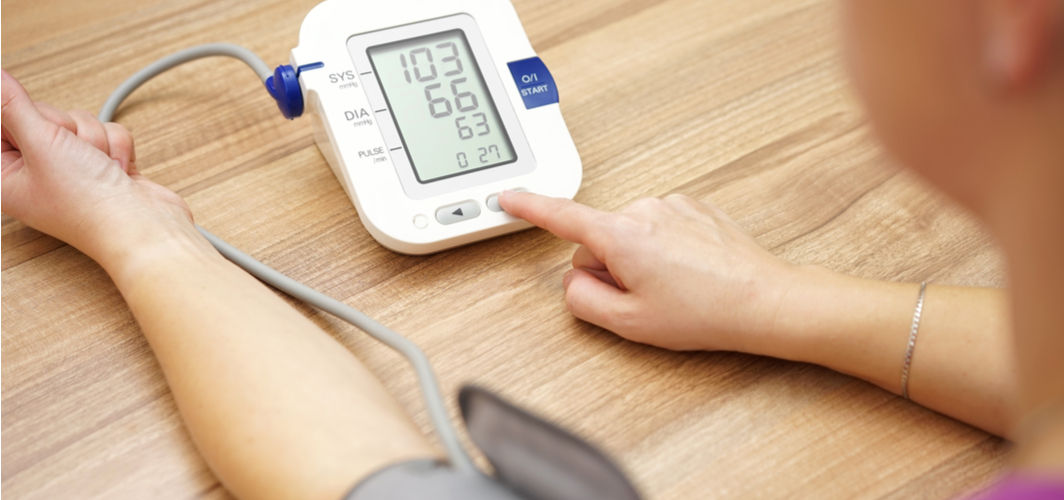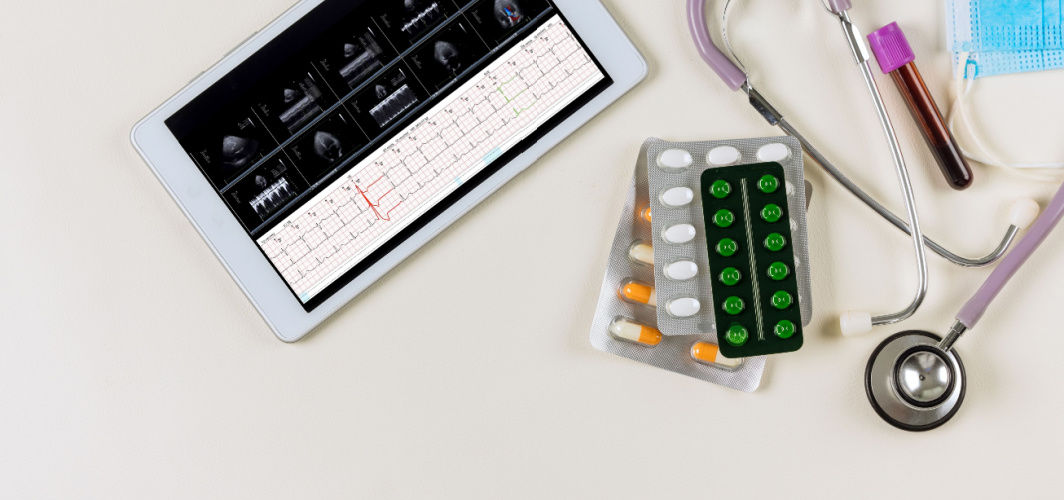Latest Articles

Heart Conditions
Why You Should Regularly Check Your Blood Pressure at Home
Both high and low blood pressure can be extremely dangerous and can result in serious health consequences. Therefore, it is crucial to monitor blood pressure frequently.

Heart Conditions
What Is 2D EchoTest: Know Uses, Test Results, How To Read It
The 2D echo test is a noninvasive diagnostic procedure that helps in examining the structure and function of the heart. By providing valuable insights into heart health, this test aids in the detection and monitoring of various cardiac conditions, enabling timely intervention and treatment.

Heart Conditions
First Aid For Heart Attack
A heart attack can be a scary situation. Know the signs, symptoms, causes, risk factors, and rehabilitation measures for a heart attack. Learn important first-aid techniques to manage a heart attack.
%20(1).jpg?tr=q-80)
Heart Conditions
What is the TMT Test?
The TMT (Treadmill Test) is indispensable for evaluating heart health under stress, offering critical insights into cardiovascular function during physical exertion. TMT test for heart helps diagnose conditions such as Coronary Artery Disease early, determine exercise capacity, and tailor personalised treatment plans to improve heart health.

Heart Conditions
Signs Of Heart Problems To Look Out For During Winters
Not all signs of heart problems are as evident as chest pain, and there are other subtle symptoms that can be early warning signs.

Heart Conditions
How Does Stress Affect Your Heart?
Prolonged stress has been linked to a wide range of adverse health effects. Left unchecked, stress can take a severe toll on heart health.
Subscribe
Sign up for our free Health Library Daily Newsletter
Get doctor-approved health tips, news, and more.

Heart Conditions
These Lifestyle Changes Can Save You From A Heart Attack
An unhealthy diet and a sedentary lifestyle are major risk factors for heart disease and heart attacks. Read on to know what can help you reduce the risk of a heart attack.
.jpg?tr=q-80)
Heart Conditions
Understanding Orthostatic Hypotension in Adults
Imagine sitting comfortably for a while, and when you stand up, you suddenly feel dizzy or lightheaded. This isn’t just a minor annoyance—it might be a sign of orthostatic hypotension (OH). Orthostatic hypotension occurs within 3 minutes of standing when a person stands up from a sitting or lying position.
.jpg?tr=q-80)
Heart Conditions
Hypertension-Friendly Foods: What to Eat and What to Skip
We live in a world of abundance, with an overwhelming variety of foods. Our choices are influenced by more than just hunger; personal taste, family preferences, cultural influences, emotional reasons, health concerns, societal pressures, convenience, cost, and the variety and quantity of available options all play a role. These decisions significantly impact our bodies, especially when managing conditions like hypertension.
.jpg?tr=q-80)
Heart Conditions
Ultimate Guide to Reducing Blood Pressure with Diet
High blood pressure, also referred to as hypertension, is an excessive force of blood on artery walls that increases the risk of heart disease, stroke, and other disorders. Regular examinations are essential because hypertension often exhibits no signs. Managing and lowering hypertension can be accomplished by switching to a therapeutic diet. Reducing cholesterol, saturated fats, and salt while increasing whole grains, fruits, vegetables, low-sodium meals, and lean proteins will help you better manage your blood pressure. These dietary adjustments are the cornerstones of optimal blood pressure control, along with consistent exercise, and weight control. A hypertensive diet is beneficial to heart health. Combine these adjustments with regular exercise and stress reduction for general well-being.